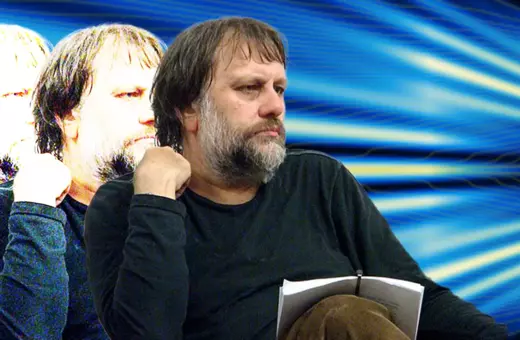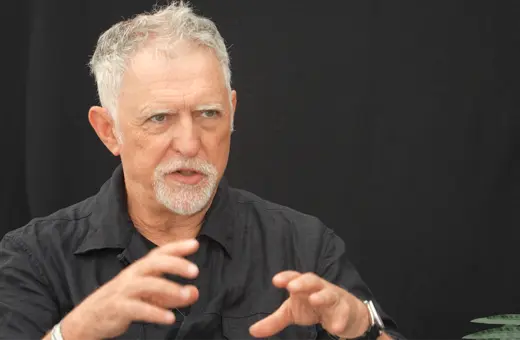Gödel’s incompleteness theorems shook the foundations of mathematics, revealing its inherent limitations. These discoveries are now among the most significant in the field and have inspired various philosophical viewpoints. One influential perspective, proposed by Nobel Prize-winning physicist Sir Roger Penrose, is that Gödel’s theorems prove the mind is not a computer. However, LSE philosopher and logician Wesley Wrigley argues against Penrose, asserting that Gödel’s theorems do not imply the mind is non-computational. Join Wes as he demystifies the Penrose argument and explains why, despite Penrose's brilliance, it is a mistake to claim on the basis of the incompleteness theorems that the mind cannot be implemented by a computer.
Gödel’s incompleteness theorems are among the most important discoveries in mathematics. Unlike most discoveries in mathematics, they have been ascribed a dizzying array of profound implications by mathematicians, scientists, and philosophers. One alleged philosophical implication is that the human mind, in its mathematical capacities, must be non-computational. If this “anti-mechanist” view is correct, then no computer algorithm can fully simulate the mathematical reasoning that human beings are capable of. In addition to telling us something significant about ourselves, this would seem to refute the possibility of a true artificial intelligence, conceived of as a computer that has the same cognitive powers as a human being. The most persuasive argument for anti-mechanism on the basis of Gödel’s theorems is due to distinguished physicist Sir Roger Penrose. My aim is to give you a clear idea of what his argument is, and why I think it is unsuccessful.
The First Incompleteness Theorem
A system of arithmetic comes in two parts. The first is a precisely specified list of initial formulae, the axioms. Usually, axioms are obvious truths that we take ourselves to need no proof of, such as ‘no natural number comes before 0’. The second part is the class of theorems, formulae that can be derived from the axioms by repeatedly applying the rules of formal logic. A system is sound if all the axioms, and hence the derived theorems, are true. For Penrose’s argument, we need only a basic version of Gödel’s first incompleteness theorem: no sound system of arithmetic can be used to derive all the true arithmetical formulae. Each such system is fundamentally incomplete.
Indeed, for a suitable system S, we can find a particular arithmetical truth that cannot be derived in S, namely S’s Gödel sentence. This formula, Gs, essentially says (via coding) that Gs is not derivable in S. So, if Gs is derivable in S, it is false. Hence, if S is sound, Gs is not derivable in S. But that means Gs is true, so S is incomplete. The situation is unavoidable: although we could adopt Gs as a new axiom, the expanded system would have its own Gödel sentence which would be true, but unprovable in that system.
___
There is an insurmountable limitation on the mathematical powers of any computer. If human beings do not share this limitation, then our mathematical abilities are essentially non-computational, no matter how superior a computer might be in terms of speed, accuracy, or memory.
___





















Join the conversation